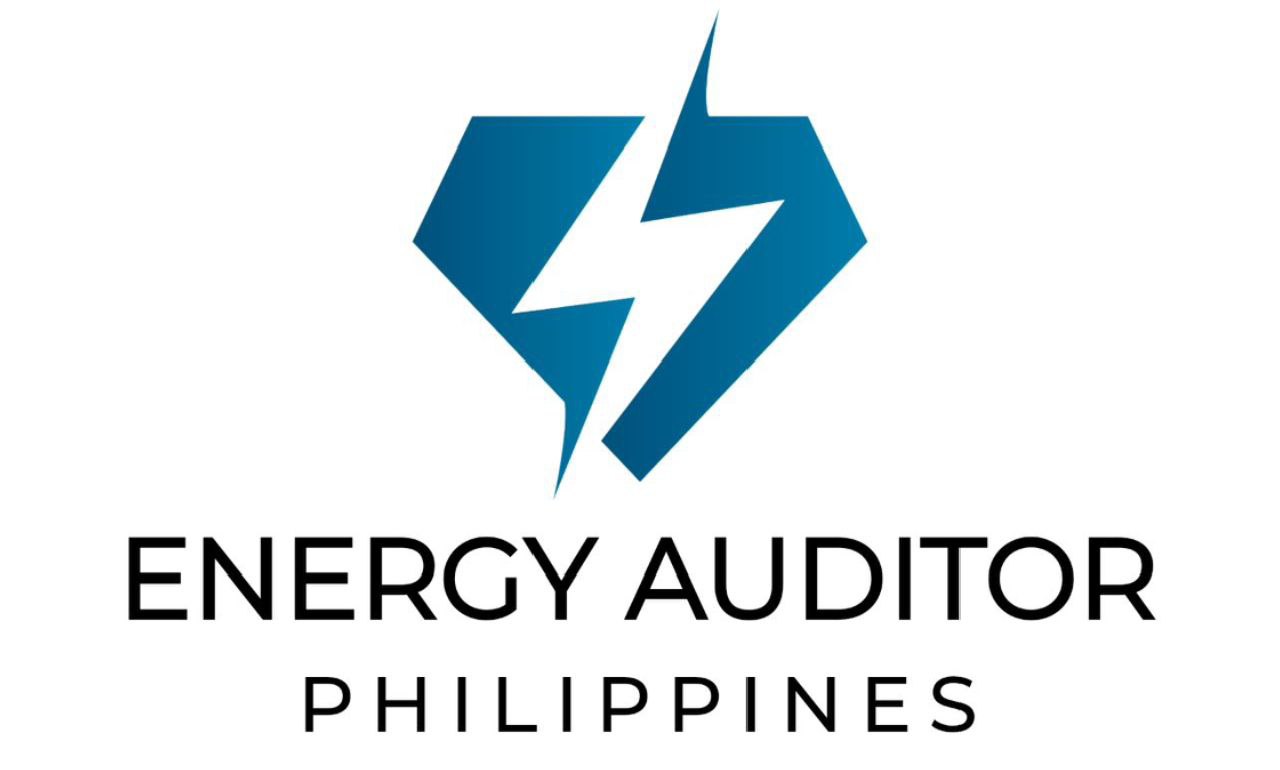An energy audit is a valuable tool that can help companies identify potential energy-saving measures and technologies to reduce energy consumption in their operations. Conducting an energy audit goes beyond compliance with regulations and offers numerous benefits, including cost savings, environmental sustainability, and improved operational efficiency. This report aims to provide a comprehensive overview of the value of conducting an energy audit, aside from compliance, and outline potential energy-saving measures and technologies that can be implemented.
Value of Conducting an Energy Audit
Cost Savings
One of the primary benefits of conducting an energy audit is the potential for significant cost savings. Energy efficiency measures can help reduce energy consumption and lower utility bills, resulting in substantial financial savings for businesses. Through an energy audit, companies can identify specific measures tailored to their operations, such as upgrading lighting systems, optimizing heating and cooling systems, or implementing smart building technologies.
Environmental Sustainability
Energy audits play a crucial role in promoting environmental sustainability. By identifying energy-saving measures, companies can reduce their carbon footprint and contribute to global efforts to mitigate climate change. Implementing energy-efficient technologies and practices can lead to a reduction in fossil fuel consumption and lower greenhouse gas emissions across all sectors of the economy.
Operational Efficiency
Conducting an energy audit can improve operational efficiency by identifying areas of energy waste and inefficiency. The audit process involves analyzing energy consumption patterns, identifying energy-intensive processes, and recommending strategies to optimize energy use. This analysis allows companies to streamline their operations, reduce energy waste, and improve overall productivity and competitiveness.











































